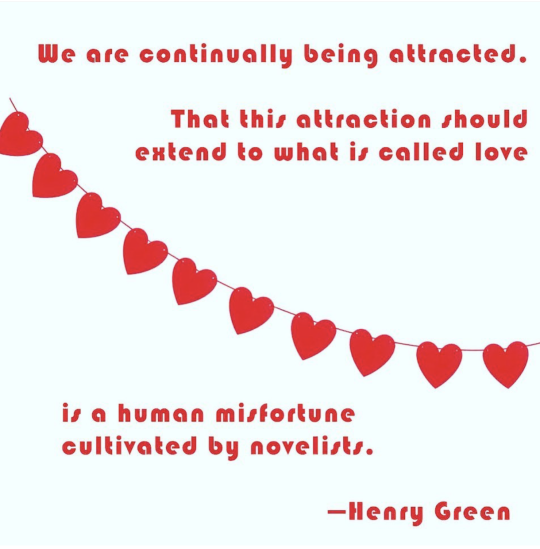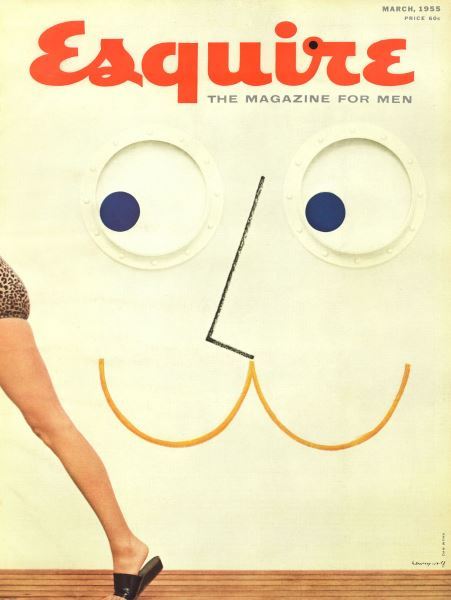#classic esquire

A man falls in love because there is something wrong with him. It is not so much a matter of his health as it is of his mental climate; as, in winter one longs for the spring. He gets so that he can’t stand being alone. He may imagine he wants children, but he doesn’t, at least not as women do. Because once married and with children of his own, he longs to be alone again.
A man who falls in love is a sick man, he has a kind of what used to be called green sickness. Before he’s in love he’s in a weak condition, for which the only prognosis, and he is only too aware of this, is that he will go on living. And, in his invalidism he doesn’t feel he can go on living alone. It is not until after his marriage that he really knows how wrong or sick he has been.
I am, of course, assuming that love leads to marriage. Unrequited love is to be avoided at all costs. If a married man falls in love with a third party and hasn’t the courage to leave his wife, he is like a man who takes off his belt, ties it round the branch of a tree, and hangs himself to death in the loop while his trousers fall round his ankles. If an unmarried man finds unrequited love then there is even more the matter with him.
The love one feels is not made for one but made by one. It comes from a lack in oneself. It is a deficiency, and therefore, a certifiable disease.
We are all animals, and therefore, we are continually being attracted. That this attraction should extend to what is called love is a human misfortune cultivated by novelists. It is the horror we feel of ourselves, that is of being alone with ourselves, which draws us to love, but this love should happen only once, and never be repeated, if we have, as we should, learnt our lesson, which is that we are, all and each one of us, always and always alone.
Originally published—in slightly different form—in Esquire,March 1955
Full essay collected in Surviving: Stories, Essays, Interviews, to be published by NYRB Classics April 21, 2020
Editorial note by Matthew Yorke: Accepting “with a sense of grievance” that he would not receive remuneration for this piece, commissioned by a freelance contributor, Green wrote to Esquire: “Certainly I would not have bothered to answer his letter if I had known there was no question of payment.”


